[Nanyo & Takahata] Recommended route to visit Kumano Taisha Shrine, the former Takahata Station building, and Uriwari Rock Garden Park
2021/04/08 This site contains advertisements. Category: visit to a shrine or temple
![[Nanyo & Takahata] Recommended route to visit Kumano Taisha Shrine, the former Takahata Station building, and Uriwari Rock Garden Park アイキャッチ](https://bongheiberg.yamagata.jp/wp-content/uploads/2021/04/nanyo_takahata.png)
Nanyo City and Takahata Town in Yamagata Prefecture are home to many historic shrines, retro buildings, and photogenic spots.
This time, we’ll introduce a sightseeing route that takes in Kumano Taisha Shrine, the former Takahata Station building, and Uriwari Rock Garden Park. We visited in April 2021. This is a record of a day’s walking while enjoying the spring-like air. We’ll share the charm and atmosphere we felt at each location with photos.
Please note that events and the atmosphere change with the seasons, so please check the official websites for the latest event information and access.
What kind of shrine is Kumano Taisha?
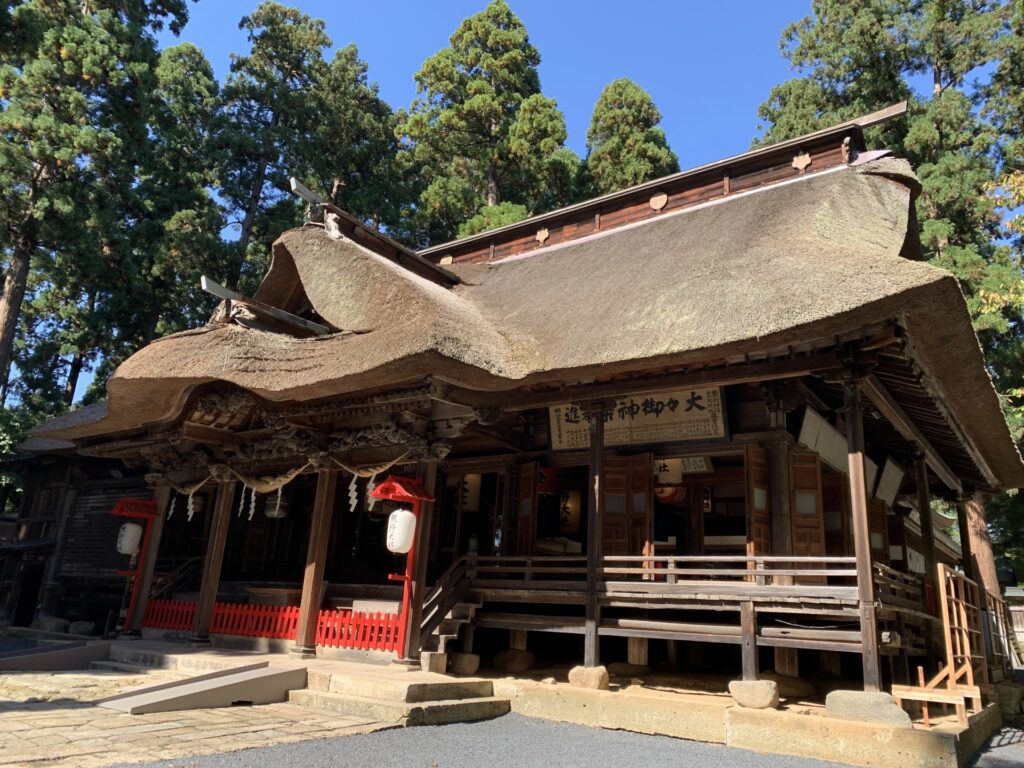
Kumano Taisha, representing Nanyo City, is one of the Three Kumanos of Japan and is a historic shrine also known as the “Ise Shrine of Tohoku.” Thirty gods are enshrined within the shrine grounds, and it is known as a power spot, attracting worshippers from all over the country. Not only can you experience history and faith, but seasonal events are also one of the attractions.
The Famous “Three Rabbits” of Matchmaking Legend
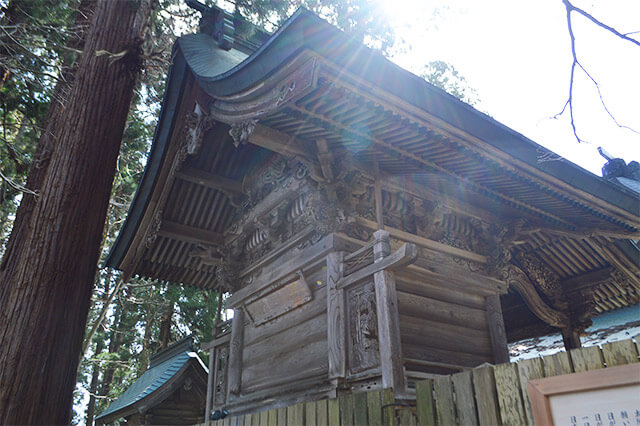
When people think of Kumano Taisha, the iconic “Three Rabbit Hunt” immediately comes to mind.
Legend has it that if you successfully spot all three rabbits hidden in secret carvings behind the Main Shrine, your wishes will come true.
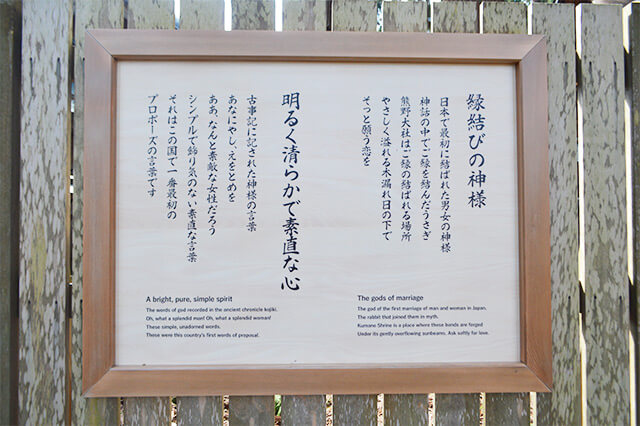
This shrine is particularly popular among those seeking matchmaking blessings and good romantic opportunities, attracting visitors from across Japan.
The “Kazahana” Event That Colors the Temple Grounds in Spring
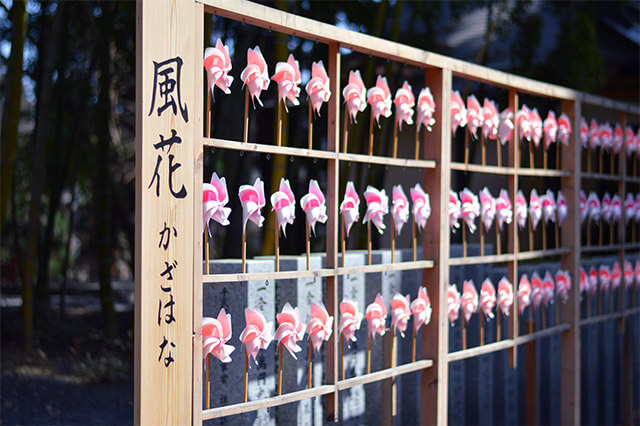
When I visited in April 2021, the temple grounds were hosting an event called “Kazahana.”
At the top of the long stone steps stood rows of colorful wind-carved lanterns, their delicate frames catching the spring breeze and producing a light, cheerful clattering sound.
The solemn grandeur of the main hall combined with the endearing scene of these wind-carved lanterns created an exceptionally striking view.
The Summer Prayer Ceremony “Kanade”
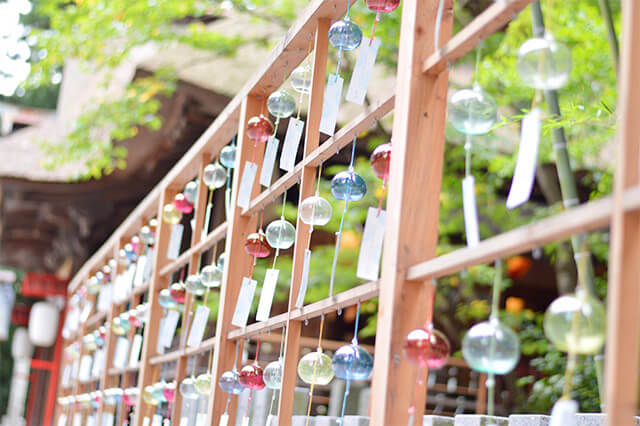

At Kumano Taisha Shrine, a prayer ceremony called “Kanade” is held annually from June to September.
The shrine grounds are lined with numerous wind chimes, and when you pass through the archway, you’re enveloped in their cool, melodious tones.
This event offers a unique summer experience that attracts many visitors, making it a popular occasion for worshippers.
*This article was compiled based on information gathered during our visit in . For the latest event details and status, please be sure to check the official Kumano Taisha website.*
| Spot Name | Kumano Taisha Shrine |
|---|---|
| Address | 3707-1 Miyauchi, Nanyo City, Yamagata 992-0472 |
| Access | About 3 minutes by car from “Miyauchi Station” on the Flower Nagai Line, or about 12 minutes by car from Nanyo-Takahata IC |
| Parking | Available (free) |
| HP & SNS | Kumano Taisha Official Website Kumano Taisha Official Instagram Kumano Taisha Official Facebook |
Local Favorite: Yonezawa Ramen at “Sugai”
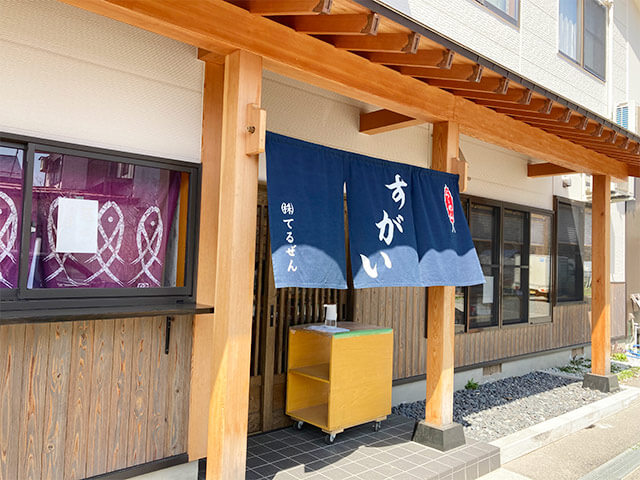
After visiting Kumano Taisha Shrine, we couldn’t resist trying some local specialties since we were already in Takahata Town.
That day, we stopped for lunch at “Sugai,” famous for its Yonezawa-style ramen.
Being our first visit to the restaurant, our anticipation grew as we approached the entrance.
The Restaurant’s Fully Implemented Safety Measures
At the entrance, we noticed signs encouraging hand sanitization, with acrylic partitions installed throughout the interior.
This was a time when infection prevention measures were absolutely essential, so seeing these precautions in place gave us peace of mind.
We arrived early in the day’s operation, but already several customers had come in, clearly indicating the restaurant’s popularity.
Yonezawa Ramen Known for Its Thin, Curly Noodles
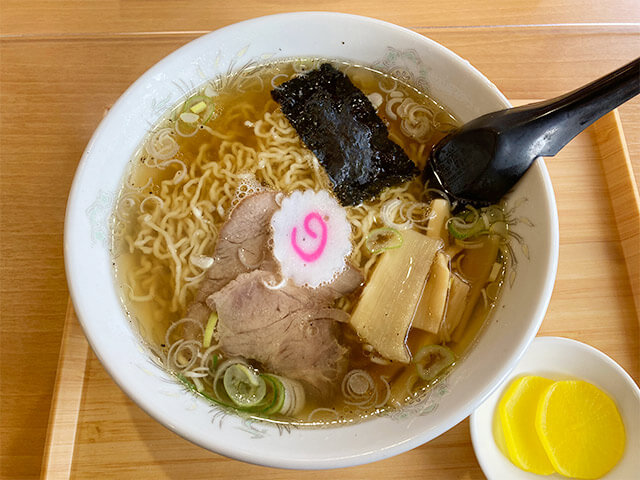
The dish served was Yonezawa ramen, distinguished by its thin, curly noodles.
The broth wasn’t overly salty – light yet rich in flavor, making each bite irresistible.
The generous amount of noodles provided substantial satisfaction at an affordable price.
“This is what makes enjoying delicious ramen so wonderful,” I thought, fully understanding why locals cherish this establishment.
| Spot Name | Yonezawa Ramen “Sugai” |
|---|---|
| Address | 1273 Motowada, Takahata Town, Higashiokitama District, Yamagata 992-0262 |
| Access | About 8 minutes by car from JR Okitama Station |
| Parking | Available (including a second parking area) |
| HP & SNS | – |
The Historic Old Takahata Station Building: A Masterpiece of Architectural Boldness

Located in Takahata Town, the Former Takahata Station is a historically significant architectural landmark designated as a National Tangible Cultural Property.
Its sudden appearance behind the shopping district creates a striking presence that surprises visitors, with its imposing stone structure and distinctive retro atmosphere that instantly captivates.
A Station Building Designated as a National Tangible Cultural Property
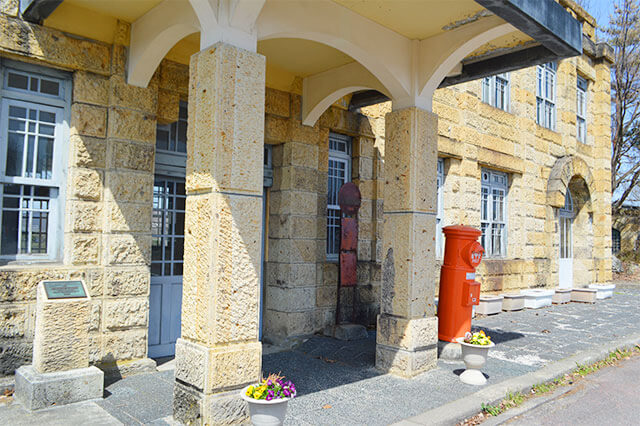
The Former Takahata Station opened in 1922 (Taishō 11) and remained in active service until 1974 (Shōwa 49).
It played a vital role in connecting the local community through transportation and logistics, and now serves as a precious preserved structure that evokes memories of its past glory.
A Stately Structure Built with Takahata Stone
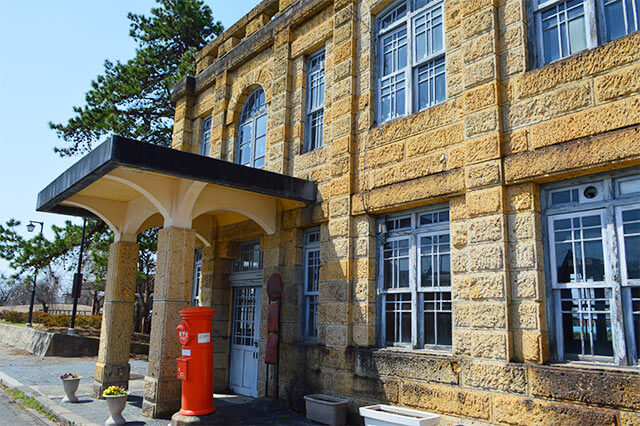
The station building makes extensive use of “Takahata stone,” a material quarried in Takahata Town.
This stone was extracted from the “Uriwari Stone Garden Park” mentioned later, contributing to the building’s solid structure and distinctive atmosphere.
It serves as a symbolic connection between the region’s natural resources and its architectural heritage.
Scenes That Call to Mind Movie Stills
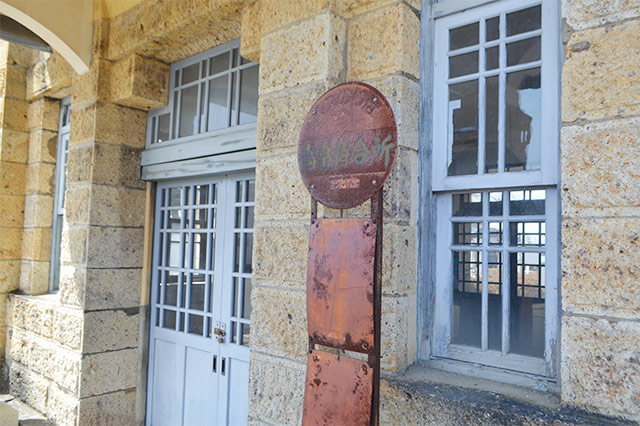
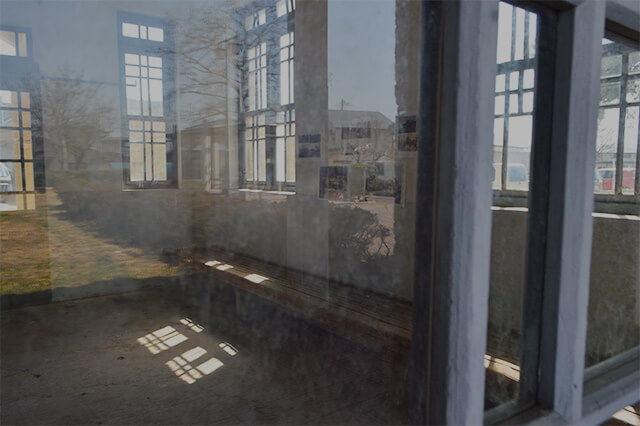
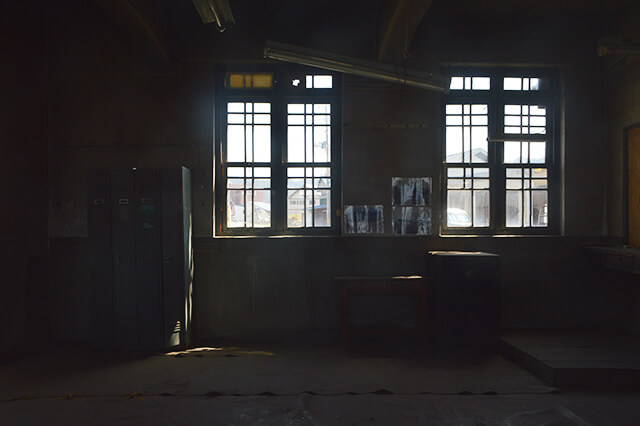
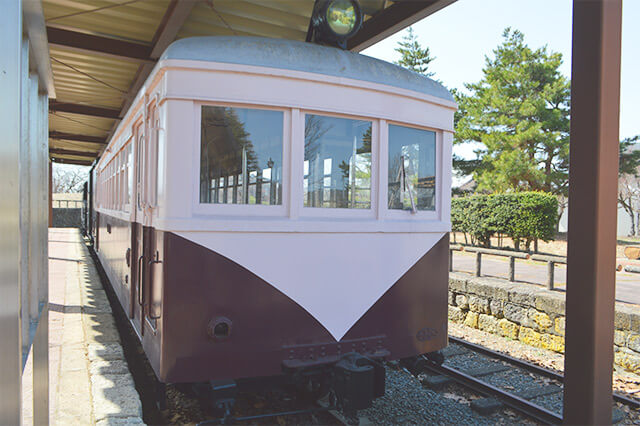
As I strolled around the station building, one staff member remarked, “This feels like something from Omoide Poro Poro,” which left a lasting impression.
Indeed, the nostalgic, retro atmosphere was filled with that distinctive nostalgic charm reminiscent of movie scenes.
Looking at the entrance and the “Waiting Area” sign, I could easily imagine the people coming and going from this place back in the day.
| Spot Name | Former Takahata Station Building |
|---|---|
| Address | 1568 Takahata, Takahata Town, Higashiokitama District, Yamagata 992-0351 |
| Access | About 11 minutes by car from JR Takahata Station |
| Parking | Available |
| HP & SNS | – |
The Impressive Stone Walls of Urawari Stone Garden Park
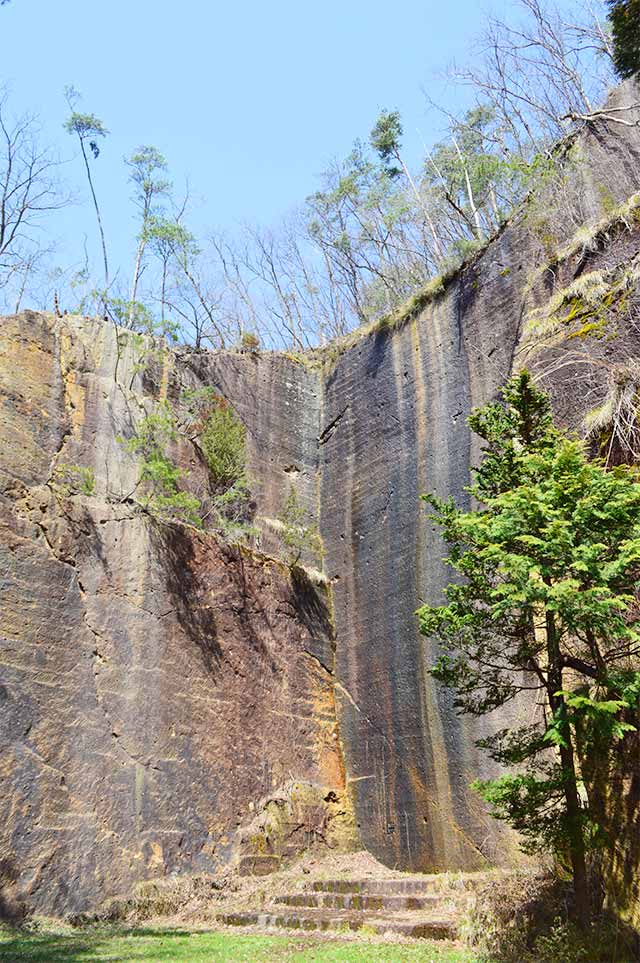
Uriwarisekitei Park, one of Takahata Town’s premier tourist attractions, offers breathtaking scenery featuring expansive spaces enclosed by massive stone walls.
In recent years, it has gained attention on social media as a photogenic spot, attracting many visitors.
When I visited , I was completely overwhelmed by both its sheer scale and unique atmosphere.
The Unique Origin of the Name
The name “Uriwari” is said to come from a story where cucumbers placed in the water from this quarry’s spring became so cold that they actually split open.
Just hearing the name conveys the chilly sensation of the water.
Impressive Stone Walls and Photogenic Spots
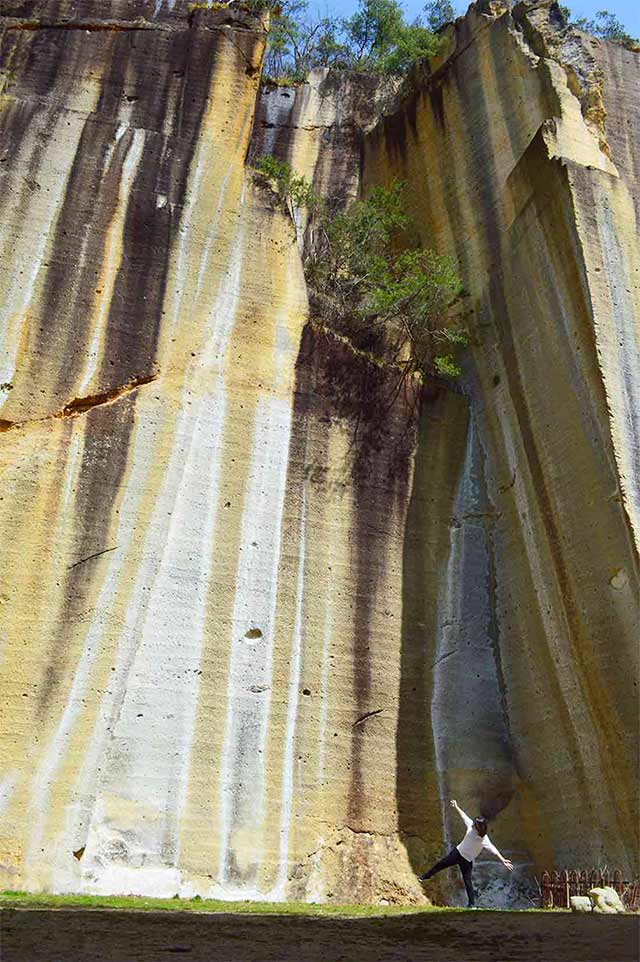
Stepping into the park reveals stone walls that stretch skyward.
Seeing them in person is far more impressive than in photos – their astonishing height made me instinctively look up in awe.
The space also resonates with sound, creating what feels like a natural “concert hall” amidst nature.
The History of Quarrying and Takahata Stone
This site was originally a quarry where stone extraction took place from 1922 to 2010, and the stones quarried here are called “Takahata Stone.”
The former Takahata Station building, mentioned earlier, was also constructed using this Takahata Stone.
Beyond its appeal as a tourist spot, it serves as a valuable location for preserving the region’s history and industry.
Use as an Event Venue
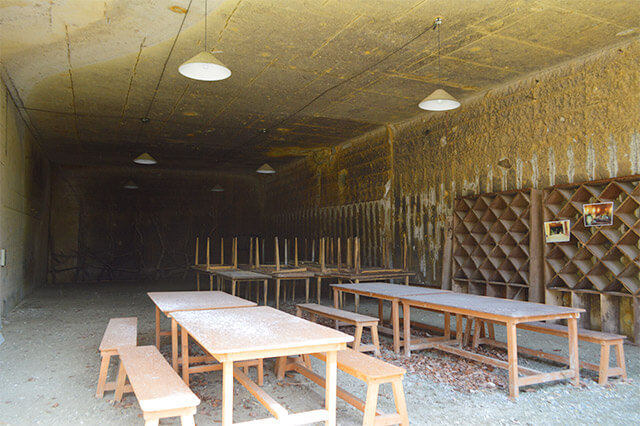
The spacious park features various signs including the “Outdoor Concert Hall,” which is often utilized as an event space for concerts and imoni gatherings.
The area includes cave-like spaces and areas with chairs and tables, offering a unique atmosphere for special occasions.
Experience Through 360° Panoramic Video
Video footage captured using a 360° camera showcasing the breathtaking views is also available.
This allows you to experience the scale and grandeur that photos alone can’t convey – we highly recommend checking it out.
・360° Panoramic View: Uwari Stone Garden Park (YouTube)
・360° Panoramic View: Uwari Stone Garden Park – Outdoor Concert Hall (YouTube)
| Spot Name | Uriwari Stone Garden Park |
|---|---|
| Address | Angutsu, Takahata Town, Higashimatsuda District, Yamagata Prefecture 〒992-0302 |
| Access | Approximately 14 minutes by car from JR Takahata Station or 10 minutes by car from Nanyo-Takahata IC |
| Parking | Available (free) |
| HP & SNS | – |
What I Experienced During My Visit to Nanyo City and Takahata Town
Kumanotaisha Shrine, Yonezawa ramen at “Sugai,” the Former Takahata Station Building, and Uriwari Stone Garden Park—by visiting these places in a single day, I was able to fully appreciate the region’s rich history, culture, cuisine, and the sheer power of its natural beauty.
I visited in April 2021, enjoying the distinctive spring atmosphere while being surprised by the abundance of photogenic spots.
The Connection Between Local Culture and Tourism
Takahata Town is home to stories like The Weeping Red Ogre, while Nanyo City preserves tales such as The Crane’s Act of Kindness – folktales that continue to be passed down today.
These narratives remain deeply embedded in the regional culture, and visiting these tourist spots allowed me to better understand their historical and cultural context.
The seamless integration of tourism with local culture is one of the area’s most appealing features, I think.
Message for Future Visitors
Both Nanyo City and Takahata Town are dotted with tourist attractions that offer distinct seasonal charms.
The examples I shared here represent just one possible itinerary, but depending on when you visit, you’ll likely discover completely different attractions and experiences.
Be sure to check each attraction’s official website for the most up-to-date information on events and access details.
I’ll be continuing to feature detailed articles about individual tourist spots, so please be sure to check those out as well.


![[Takahata, Yamagata] Experience Uriwari Rock Garden Park デスクトップ向け](https://bongheiberg.yamagata.jp/wp-content/uploads/2025/07/IMG_3542-1024x768.jpg)
![[Yamagata, Higashine City] The Quietly Standing “Niwatashi Jizo-son” – 1,500 Years of History and Blessings アイキャッチ](https://bongheiberg.yamagata.jp/wp-content/uploads/2025/09/niwatashi-jinja.png)
![[Yamagata, Nanyo City] Praying for Love Matches at Kumano Taisha|Summer Shrine Grounds Adorned with Floral Water Bowls and Wind Chimes アイキャッチ](https://bongheiberg.yamagata.jp/wp-content/uploads/2025/08/gerato-en_art.jpg)
![[Yamagata, Tendo City] Sanpoji Temple, the Oda Family’s Ancestral Temple | The portraits of Oda Nobunaga アイキャッチ](https://bongheiberg.yamagata.jp/wp-content/uploads/2025/11/三宝寺_天童1.jpg)
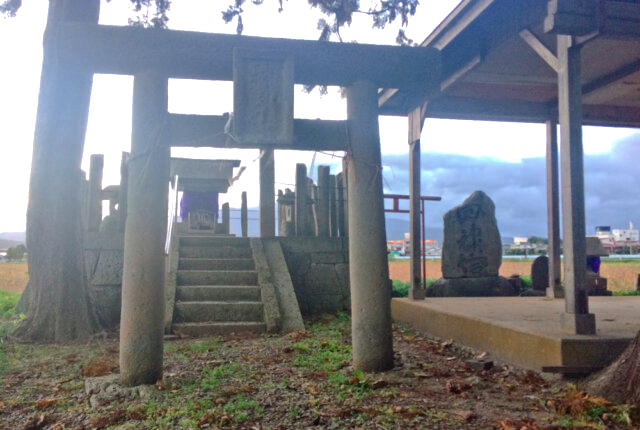
![[Yamagata, Shonai] Kumagaya Shrine, the birthplace of Kamenoo | Learn about the life of Kumagai Saburobei, the god アイキャッチ](https://bongheiberg.yamagata.jp/wp-content/uploads/2025/09/熊谷神社.jpg)
![[Yamagata, Takahata Town] Pray to Kameoka Monju, the God of Academics! | Introducing a Power Spot for Academics and Tourism アイキャッチ](https://bongheiberg.yamagata.jp/wp-content/uploads/2025/08/亀岡文珠1.jpg)
![[Yamagata, Nagai City ] The Head Priest’s Passion for Motorcycles Shines—Sōmiya Shrine, a Sacred Spot for Riders アイキャッチ](https://bongheiberg.yamagata.jp/wp-content/uploads/2025/07/unnamed.png)
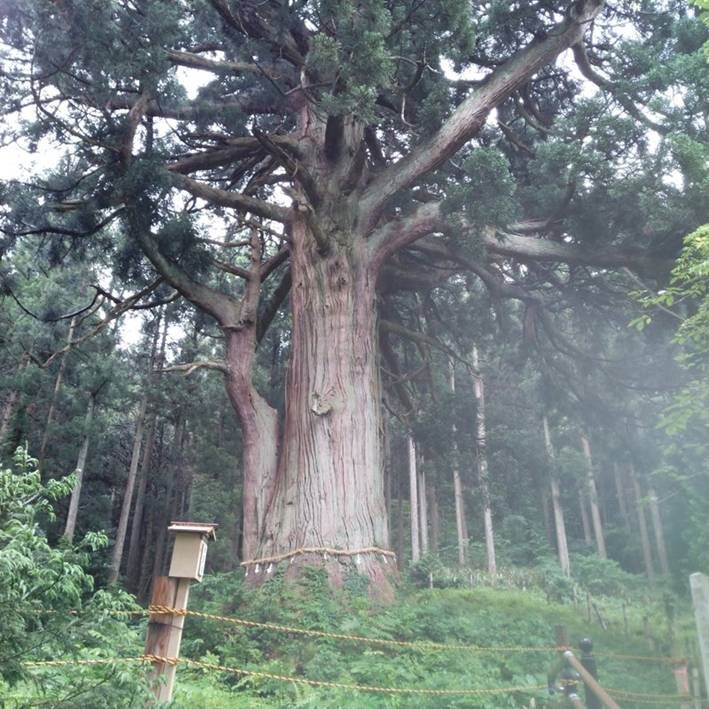
![[Yamagata, Tendo City] Takeisao Shrine, dedicated to Oda Nobunaga | Goshuin and Konpeito Worship Report アイキャッチ](https://bongheiberg.yamagata.jp/wp-content/uploads/2025/07/image6.jpg)

![[Yamagata, Tendo] Enjoy authentic gelato at the sports park! Made by Italian-trained artisans at “COZAB GELATO” アイキャッチ](https://bongheiberg.yamagata.jp/wp-content/uploads/2025/09/top-scaled.jpg)
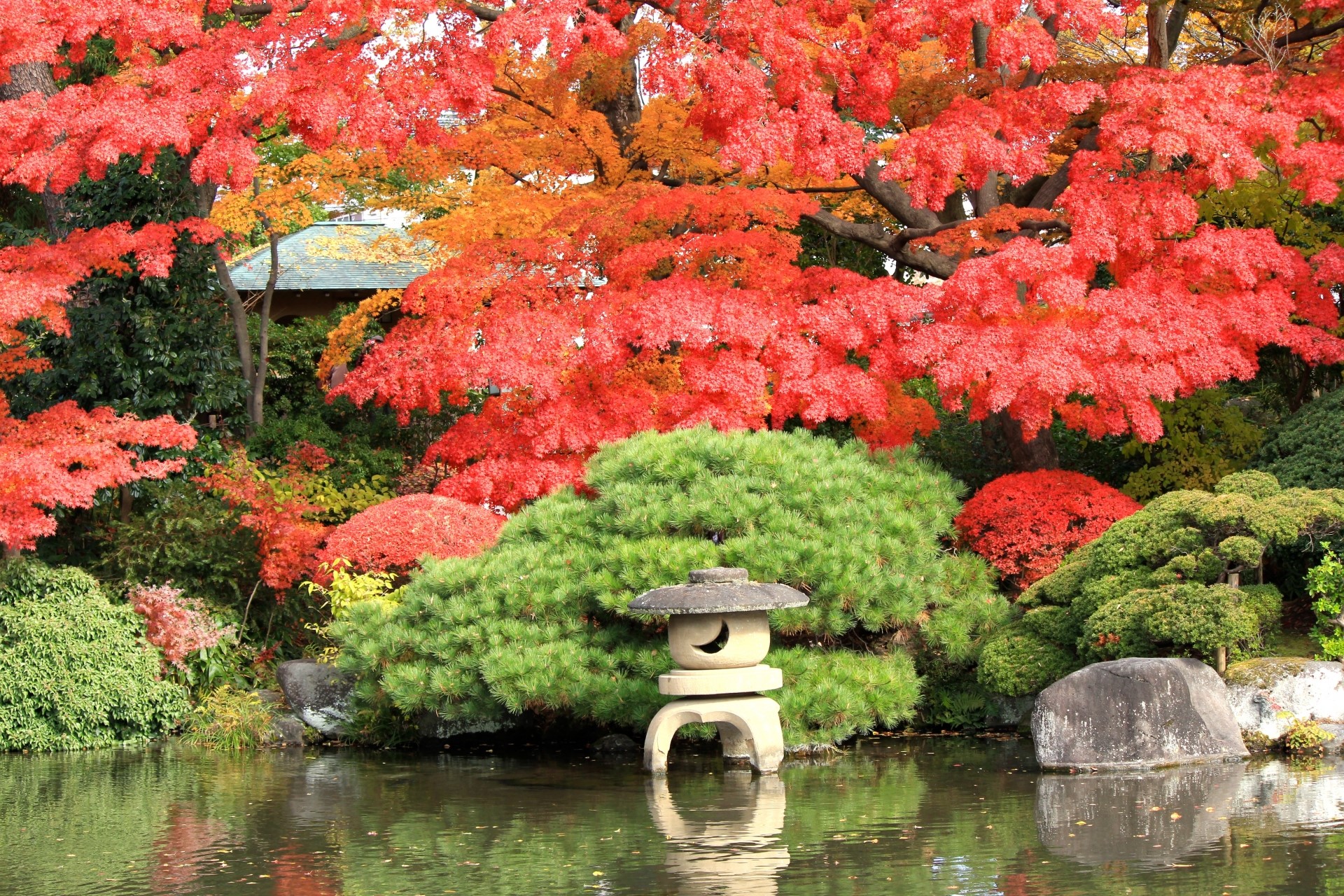
![[Yamagata, Tozawa] “Roadside Station Tozawa Kouraikan” Experience of traveling Korea | Korean gourmet food, and souvenirs アイキャッチ](https://bongheiberg.yamagata.jp/wp-content/uploads/2025/10/道の駅とざわ_高麗館9-1.png)
![[Yamagata, Murayama] Link MURAYAMA’s pizza shop “pizza nu-ma” | Delicious pizza tasting report アイキャッチ](https://bongheiberg.yamagata.jp/wp-content/uploads/2025/09/pizza-nu-ma7.png)